iKeloid ™, A Novel Approach in Treatment of Keloids in San Antonio and Boerne Clinics of Texas Institute of Dermatology
- Treatment of Keloids in San Antonio and Boerne Offered at Texas Institute of Dermatology Clinics
- Our renowned dermatologists offer a comprehensive approach for treatment of Keloids and Scars
- At the Keloid Clinic, our experts have successfully treated hundreds of patients with keloids by iKeloid™
- iKeloid™ consists of a specific corticosteroid injection, Cryo Keloid destruction plus laser or light treatment to address itchy painful unsightly growths
- iKeloid™ is one of the most comprehensive treatment approach for keloid scars offered at Texas Institute of Dermatology
- iKeloid™ usually inhibits new collagen formation; and let the keloids to shrink gradually combined with resurfacing the overlying skin
- Dr. Ghohestani, a renowned dermatologist with years of experience in treating keloids carefully examine each keloid patient and design a plan specific for each patient based on the site, size, among other factors
- Each Patient May Need Several Treatment Sessions to See a Significant Reduction in Size of his/her Keloids
- Once the Keloid is Shrinked in Size, a Discoloration May Persist for a Longer Period of Time; and it Requires a Conservative Treatment with Light or Laser
Before development of iKeloid™, most dermatologists or plastic surgeons offered injection or surgery which may not necessarily enough to address severe forms of keloid Scars or cause the keloids to re-appear at a larger size. With iKeloid™ your keloid scars significantly improve after receiving these cutting-edge techniques that are specifically designed for Keloid Scars. Our experts emphasize for treating Keloids, one must be very patient and
The skin is the largest organ in the body and the most susceptible to injury. When these injuries occur, depending on their depth and severity, a scar will appear. A Keloid is an excess growth of scar tissue most often located at the site of a wound. These scars are a benign form of neoplasia, meaning that they are a result of over-active cells producing more than what is necessary. This neoplasia trait often makes Keloid scarring difficult to treat.
What causes Keloids?
Keloid scars are thought to be genetically passed on. More research needs to be done in order to deduce the exact reasons why some are genetically predisposed to develop Keloid while others aren’t. Studies have shown that the disease is more common among Africans, African Americans, and Asians. We do not currently know why this is the case, although many scientists believe that there may be a tie between skin pigmentation and Keloids as Albinos are free from developing this skin abnormality. Studies have also shown that Keloids tend to show more rapidly around puberty in young individuals, although Keloids can develop at any age.
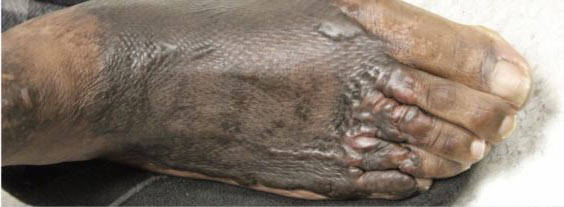
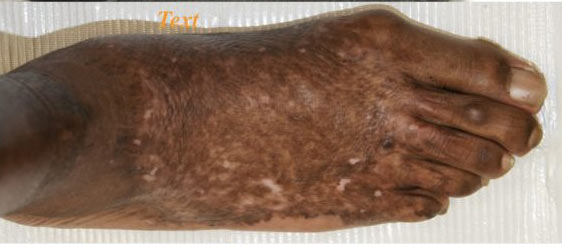
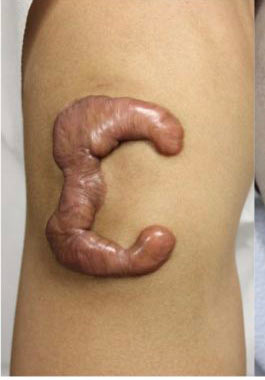
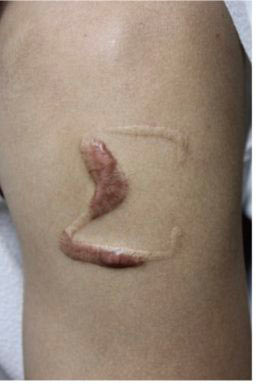
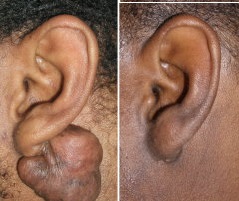


For an appointment, call 210-698-6777
Stone Oak Clinic: 238 North Loop 1604 E, Suite 208, San Antonio , TX 78232
Leon Springs CLinic: 24165 W IH-10, Suite 102, San Antonio, TX 78257
